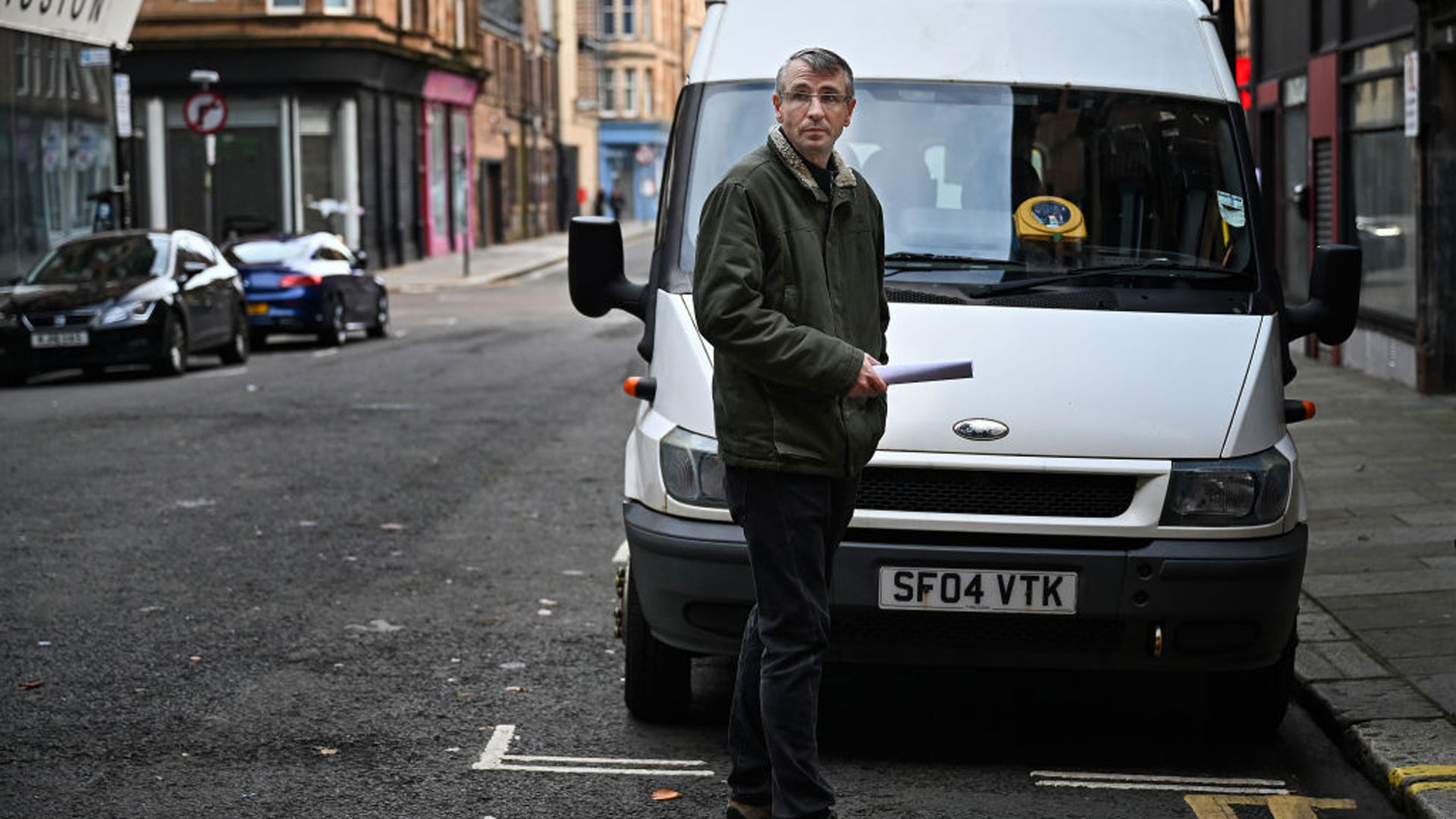Every summer, the National Records of Scotland publish data about drug-related deaths in Scotland in the previous year. Mainstream and social media are focused on this annual event. The total number of deaths is then used to back up whatever argument is to be made. It is used in constitutional politics; it is used in a culture war around drug use.
Of course, what is too readily forgotten is that these deaths are personal and family tragedies. They impact chiefly on some of Scotland’s poorest communities and are, largely, a consequence of poverty. And, most importantly, they are preventable. Scottish Drugs Forum has worked to have focus on these key facts. As a broad-based membership organisation there are different perspectives and opinions that we value and respect but we stick with facts and evidence when we make the case for what should be done.
One fact remains – despite the fall in deaths from 1,330 in 2021 to 1,051 in 2022 – Scotland has far higher drug-related deaths than the rest of the UK and the rest of Europe. It is a sad, simple, shameful fact.
The Scottish Government acknowledges that drug-related deaths are a public health emergency and announced a national mission to reduce drug-related deaths along with £250 million in extra funding – but where is the emergency action?
In the public health emergency that was the Covid-19 pandemic, government used emergency powers, resources were found, action was taken. Yet in this emergency that kind of action is absent. The scandal is that, unlike Covid-19, we know exactly what to do. The evidence is stark and clear.
We have to improve and expand treatment services to address the chief difference between Scotland and the rest of the UK. Fewer than half the people in Scotland who could benefit from treatment are actually in treatment compared with much higher engagement in England.





